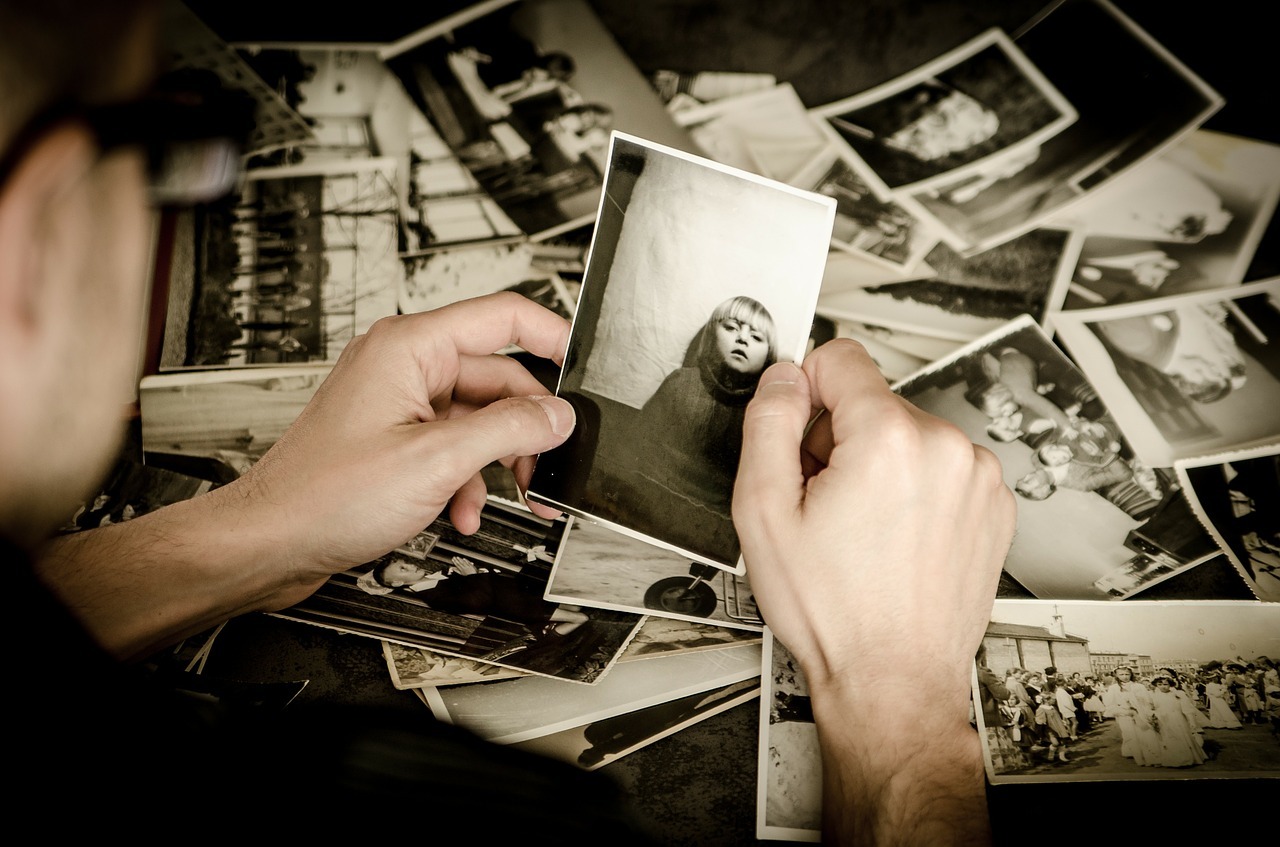
As I watched Kenny’s pulse flicker and then fade from the side of his neck, I placed my hand on the top of his head and encouraged his spirit to fly out, to leave his green-grey body for better pastures, for a new life.
In that moment and those following, I put every ounce of resiliency into wishing him well.
My aunt, Kenny’s older sister, is a Buddhist lama. She told me how often, at the moment of death, the dying spirit can be held back by the grief of their loved ones.
For the next few weeks, my aunt explained, Kenny’s spirit would be in a liminal realm called bardo: the intermediate space between death and his next rebirth. During this time, it was important for his loved ones to continue encouraging him on his way, rather than calling him back with their grief.
For seven weeks after his death, I spent a few moments each day with my eyes closed, envisioning my uncle’s essence flying free, out in the open ocean or soaring around the blue sky. I focused on my love for him, not on my grief at his leaving. I felt that this was one last favor I could do for him in exchange for the years of caring and support he had offered me.
In my mind, I built a small, dark room filled with incense and a singular focus: the freedom of Kenny’s spirit. Eventually, I returned to my own daily meditation practice for the first time since his death. When I sat down to practice a more clear-minded mediation, it felt like someone had opened a trap door in the ceiling of my mind’s safe house—and grief came flooding in.
I tried to focus on my breath and allow my tear-soaked thoughts to drift on by, but I slowly began to drown in the sadness I had been avoiding for so long. Again and again, I tried to still my body and clear my mind. Every morning, the flood poured down over me, leaving me breathless and snotty on my meditation cushion.
One morning, tearful and frustrated, I stayed seated and demanded a solution. “Meditation isn’t working,” I said, “it’s making it worse.”
My own voice came back to me through the fog of exhaustion and sadness.
You’re drowning in your grief when you meditate because you’re not processing it in the rest of your life. Take the time to journal, to share your experience with your loved ones, to think about Kenny outside of your morning meditation. Allow yourself to feel the messy feelings and flounder in sadness, and then you can allow meditation to be a moment away from all that.
Additionally, I was reminded that I was not alone.
When we’re sad, we need to open our hearts to all other beings who are experiencing grief or sadness, and allow our sadness to absorb theirs, to make their load lighter. When we’re joyful and filled with light, we need to send that joy out to other beings to create a network of light.
In this way, no one is alone in their grief.
Surprisingly, I’ve found receiving others’ grief gives me great peace. It neither invalidates nor distracts from my own grief; instead it allows me to feel held, like I’m on a little boat in an ocean of sadness, but there are thousands of other boats riding the waves alongside me.
With these two tools, I am able to navigate within my grief, to float along in the stream of sadness without drowning—merely witnessing my own emotions and the landscape around them. I am neither hiding from my grief nor being swallowed by it and so my heart begins to heal, to recover, to stitch soft patches of fondness over memories that used to be unbearable.
In fact, living with grief was like getting an updated prescription on my glasses. Through the lens of death, life looked crisp, clear, defined. Details that I may have missed before stood out, and now I see more clearly the subtle nature of our existence.
My compassion has grown because I can grasp the fact that all humans have loss in common; we all have lost or will lose someone we love.
And so I have learned not to avoid the terrible thoughts, not to sweep them under the chair but instead to hold them tenderly to my chest, to bless them quietly, and then set them aside. There is nothing—no part of me and no part of life—that is worth hiding from.
All of it helps us grow, helps make us who we are.
~
Relephant:
What happens when I Die?
~
Author: Lily Calfee
Image: jarmoluk/Pixabay
Editor: Nicole Cameron
Copy Editor: Sara Kärpänen
Social Editor: Waylon Lewis











Read 0 comments and reply